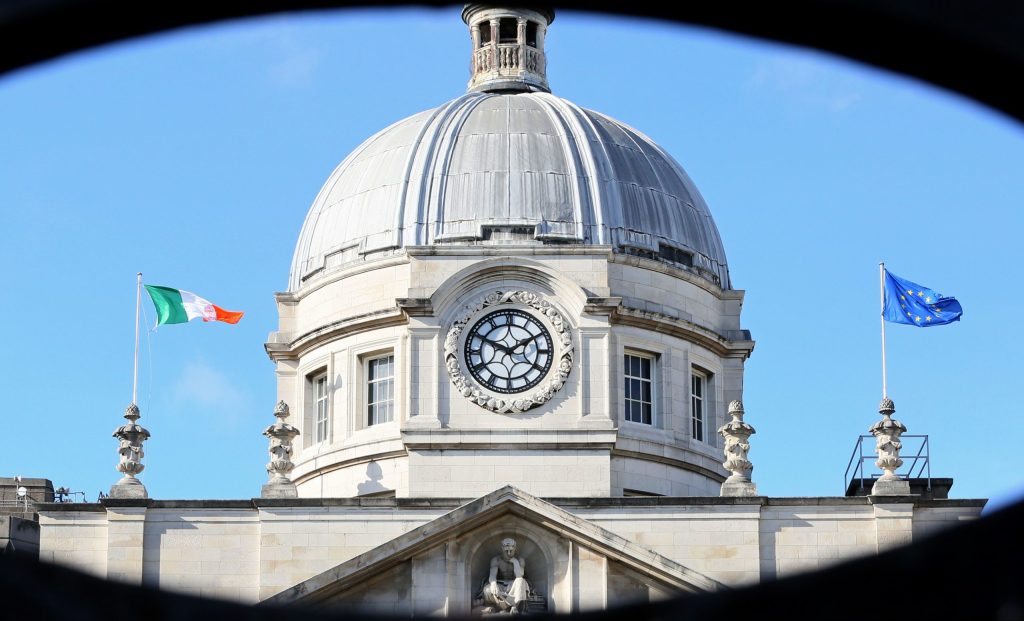OK, in fairness it might be the weather. Or the craic in the bars. Or the rugged coastline, golf courses, or the lakes. And yet for all its charms, there was always a far simpler reason why more than a thousand multinational companies have their main European headquarters in Ireland. Tax. For a generation, Ireland has had the lowest corporate tax rate — just 12.5 percent — in the developed world. Even better, myriad breaks and allowances — in accounting circles the ‘Double Irish’ is not as you might imagine an especially stiff glass of Jameson’s but a fiendishly clever way of re-routing revenues – often take that down even further. The result? Companies from Apple to Google to Pfizer have huge operations in Ireland, creating tens of thousands of jobs, and an economy that is among the most prosperous in the world.
It will make a heck of a big difference to Ireland. In effect, it will have to double its rate.
But hold on. It now looks as if Ireland’s low-tax miracle is over. First, President Biden, despite getting sentimental of his family’s roots in County Mayo whenever he faces an electorate he thinks might celebrate St Patrick’s Day, is proposing a global minimum corporate tax rate of 21 percent. That won’t make a lot of difference to France (28 percent), or Germany (30 percent) or indeed the UK (19 percent, rising to 25 percent). But it will make a heck of a big difference to Ireland. In effect, it will have to double its rate. Now the European Union has joined in. According to a report in the Irish Times, the Commission is pushing for the Irish to end its tax breaks as a condition of receiving its share of the money set to be distributed through the €750 billion ($901 billion) Coronavirus Rescue Fund. Raise taxes or you don’t get the cash is the message from Brussels.
In fact, the EU’s position is very odd. Ireland is a net contributor to the EU’s budget, now that the UK has left, so it will be a net contributor to the Rescue Fund as well. In effect, Ireland is being told that in exchange for paying for a bailout for Italy and Spain it will be forced to wreck the competitiveness of its own economy. Understandably, Ireland is starting to push back against that. In a speech last month, the finance minister Paschal Donahue attempted to make the argument that smaller countries should be allowed lower levies to compensate for the economies of scale enjoyed by their rivals. Really? As it happens. Ireland is a member of the world’s largest Single Market, so it can hardly complain its economy lacks scale. In fact, the only credible argument Ireland can make is that as a sovereign nation it is perfectly entitled to set any tax rates it chooses. However, as enthusiastic Europeans that is a tricky one.
And yet, in truth, nothing else will work. Between Biden and Brussels, Ireland is getting caught in a trap. It is hard to see how it can avoid raising its corporate tax rate to 20 percent-plus to bring it into line with the rest of the developed world. Of course, it will still have a skilled workforce, the English language, and access to the European market to recommend it to the world’s multinationals as a corporate base. But its four decades as a low-tax corporate hub are coming to an end — and with it four decades of buoyant prosperity may be over as well.
This article was originally published on The Spectator’s UK website.

























